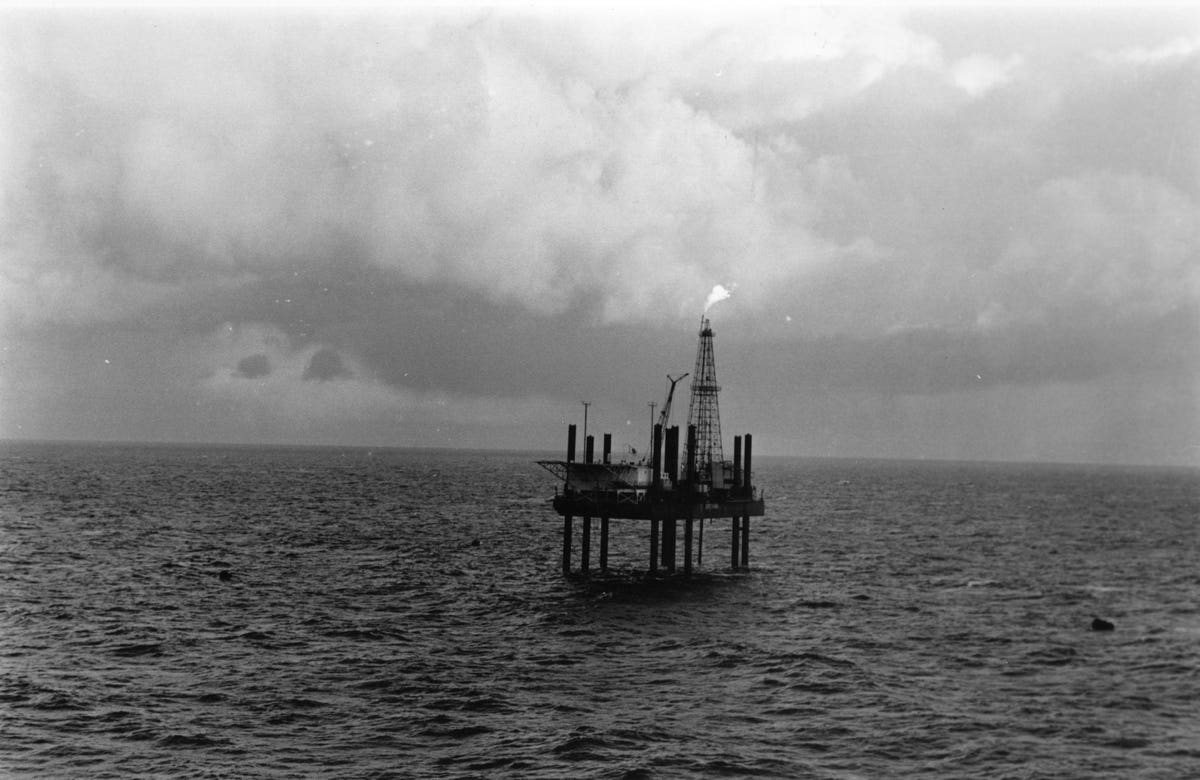At last, Britain is moving towards an energy policy that’s workable.
The country’s Prime Minister Rishi Sunak says he wants to see more drilling in the oil and gas-rich North Sea. The idea is to boost British energy independence and comes more than a year after Russia’s invasion of Ukraine which shone a spotlight on Britain’s lack of domestic supply.
Natural gas, which is used to produce much electricity in the UK remains pricey relative to where it was before the outbreak of the COVID-19 pandemic. A megaWattHour of natural gas in Europe recently fetched 29 euros ($32) up from approximately 13 euros at the end of 2019, according to data from financial statistics website TradingEconomics.
Extra supply from the UK might not make a huge difference to European gas prices but of other countries in Europe follow the UK’s lead then there could be a retreat in prices to pre-pandemic levels.
Such a price drop would certainly give a much-needed boost to all of Europe’s economies. Germany and the rest of the single currency area known as the eurozone are currently dipping into a recession. At least part of that has been caused by Germany’s economic slowdown which relied heavily on cheap energy imported from Russia.
Sunak’s move comes after some muddled energy policy decisions as detailed here and here. Part of that involved banning land-based natural gas drilling in Britain due to fear of the use of the controversial extraction technique known as hydraulic fracturing. At the same time Sunak cut a deal to import natural gas from the U.S., much of which is extracted using the same frowned-upon fracking technique. He also green-lit a new coal mine development in England’s Northwest.
Still, it seems that he’s woken up now and the new policy could help Britain cast off its reputation of botching it economic progress.
However, there are problems waiting in the wings for this energy policy move. Not least of them is that the UK slapped energy companies with windfall taxes (also known as excess tax payments from abnormally high profits.) The question now is how much will the oil companies wish to pay the British government for the right to drill in the North Sea when they don’t know what their tax situation will be on their anticipated forthcoming profits?
Economists call that worry “policy uncertainty.” Just like any other uncertainty, it increases the risks of doing business and means that either the investors (in this case the oil giants) will need to anticipate large profits or they will offer to pay less.
There’s another risk that is particularly pertinent to this situation. Polls strongly suggest that the ruling Conservative Party, currently led by Sunak, will suffer a massive defeat in the country’s next General Election. In other words, the government will likely change from slightly right of center to left of centre, with a shift in policies.
And therein lies a problem. Which companies will be trusting enough to stump up massive investments in North Sea drilling now, only to run the possible risk that the new government makes decisions that possibly curtail the drilling efforts?
Few I would suggest would do so. And those that do want to invest will likely either spend relatively small sums until the future is clearer.
Read the full article here



